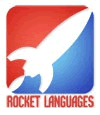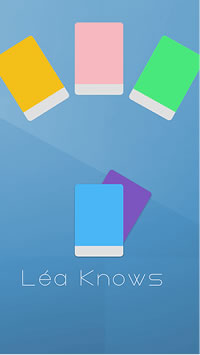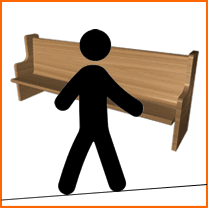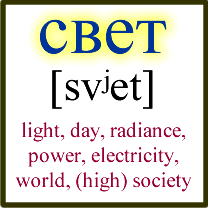
This week Rocket Languges are celebrating their 13th Anniversary with a 4-day sale starting today and continuing until Friday 17th March, or until they’ve sold 1,000 courses.
During this time you can get 60% off any of their online language courses, which include: French, Spanish, Italian, Chinese (Mandarin), German, Japanese, Russian, Arabic, Hindi, ASL, Korean, Portuguese and English (for Spanish or Japanese speakers).
The coupon code to receive the discount is ANNIVERSARY
They also offer online piano courses, in case you fancy a break from your language studies.
I have tried and reviewed their Hindi and Japanese courses, and think they are definitely worth a look. Since then they have added some new languages – Russian and Portuguese – and I’m tempted to try their Russian course, even though I already have plenty of other Russian courses and learning materials. Can you ever have too many language learning materials?
Note: I am a Rocket Languages affiliate, and will receive commission if you buy any of the courses via the links above.



